Drinking water supply
An entrepreneurial model to manage rural drinking water sustainably
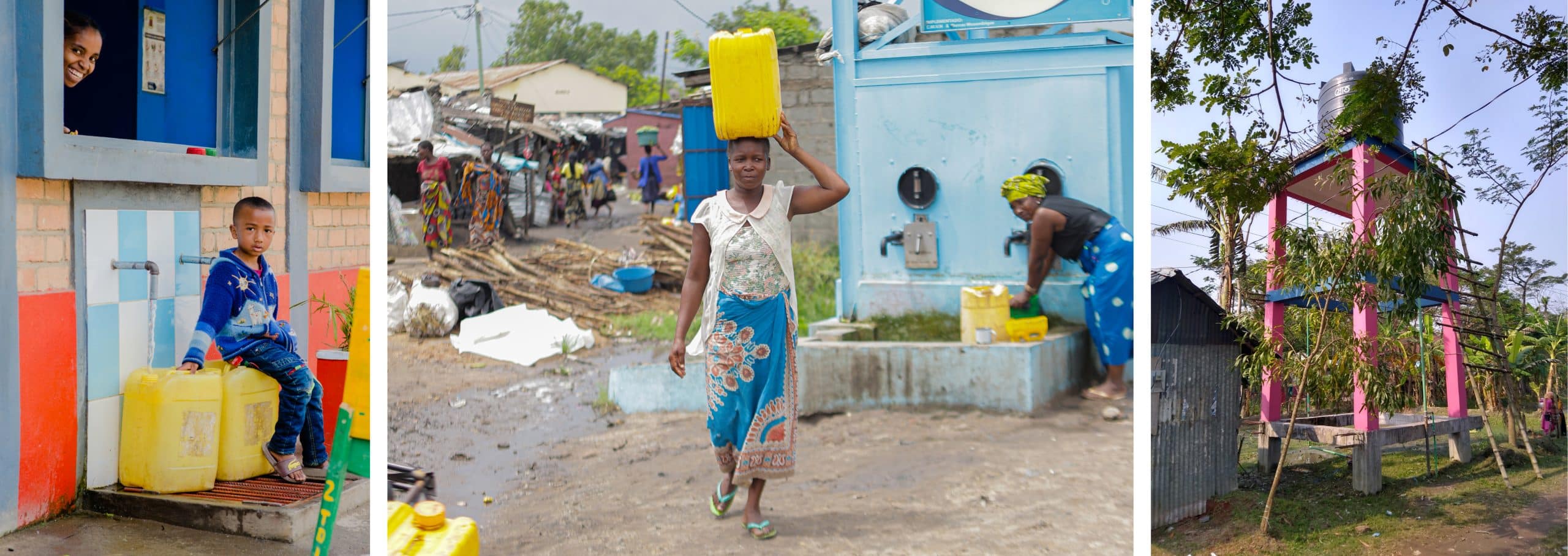
While access to water supply increased in the global South during the last decades, within five years about 25 to 30% of the placed systems are no longer operational. A business case preventing downtimes and delivering safe and reliable water services at people’s doorstep in urban areas is proven to be possible, but how to realise this for rural areas in the global South? Rural stakeholders face numerous challenges: low service levels with long downtimes and far walking distances, small and spread-out user groups, low revenue collection, and a lack of systematic approaches for operation and maintenance. Practica aims to close the water service gap in rural and peri-urban low-income areas by building the capacity of public and private WASH actors to establish technically flexible, financially viable, and affordable water services.
With our WaterTime concept, we provide tools, advice and training to support this.
Practica builds under its WaterTime concept an entrepreneurial model to manage rural drinking water services sustainability by:
Flexible, modular design to lower costs and maintenance of water systems – Modular Solar-powered WaterTime Systems
Financial SMART life cycle planning & monitoring of drinking water supply infrastructures – Water Systems Asset Management
Affordable cost recovery mechanisms to ensure the financial sustainability of drinking water supply water systems – TokenTap mechanical pre-paid systems
Innovations
TokenTap
The TokenTap is a simple and mechanical prepaid technology to facilitate drinking water supply in rural and (peri-)urban areas.
Water System Asset Management toolbox
We developed a toolbox to support the management of water systems by setting up a financially viable plan, easily monitored and adjustable.
Modular solar-powered WaterTime systems
Flexible, modular designs to lower costs and maintenance of drinking water systems on the short and long term.
Modular Solar-powered WaterTime systems - Research, consultancy & advice
Water Systems’ Asset Management - capacity building
TokenTap - Technical design & innovation
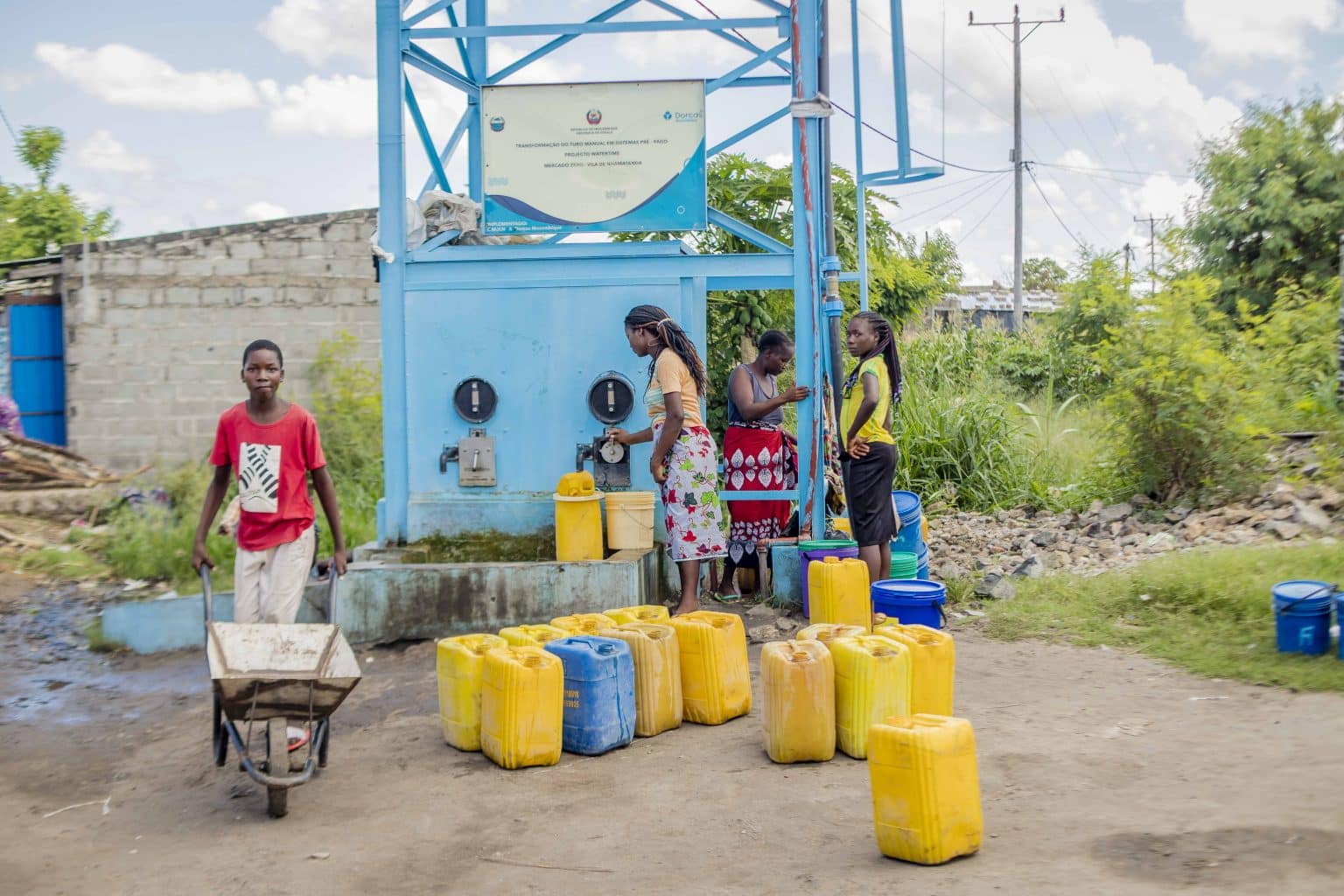
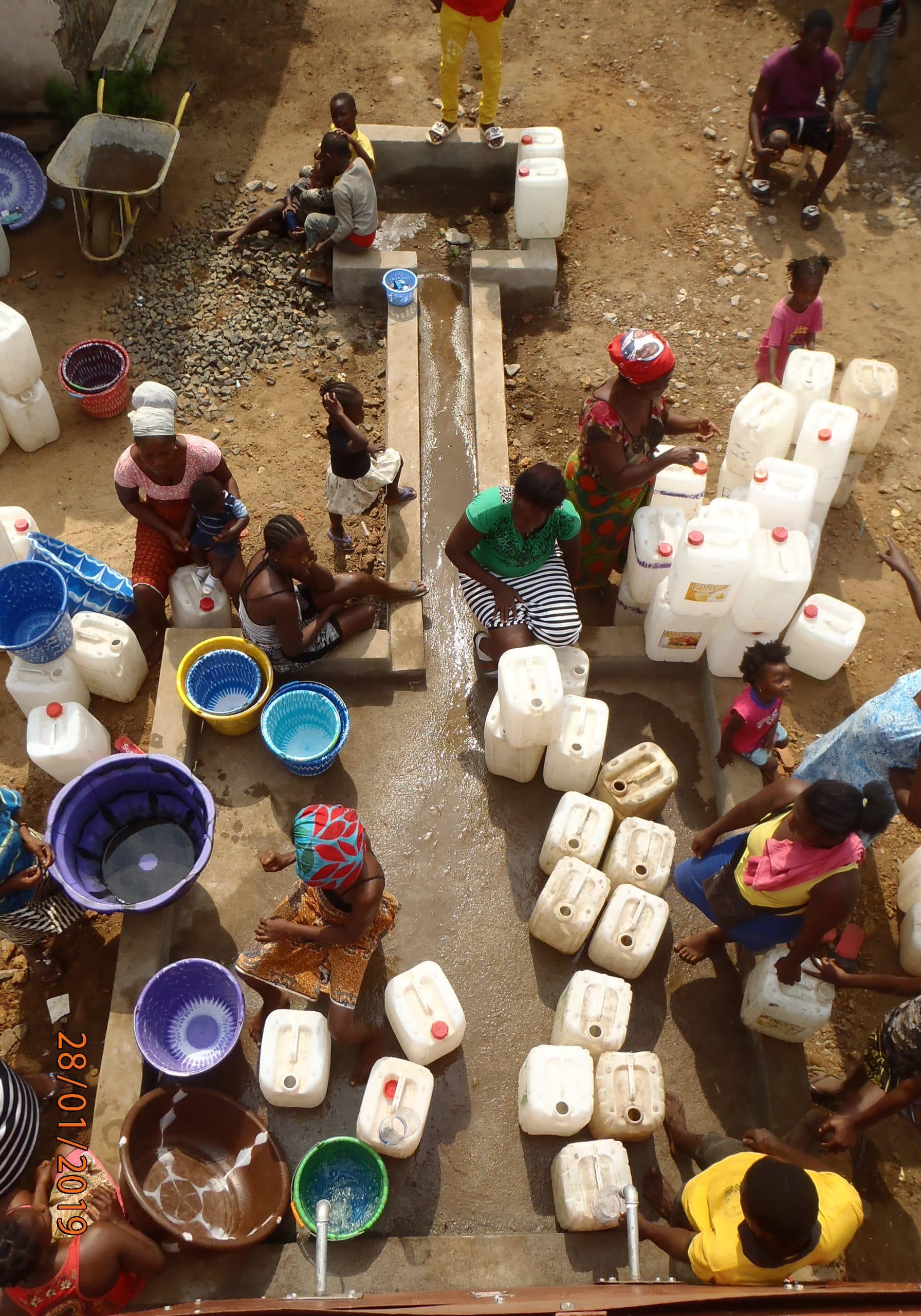
What we offer
We offer these services throughout our themes and we always work in collaboration with a local partner.
Latest news on drinking water supply
Sorry, we couldn't find any posts. Please try a different search.

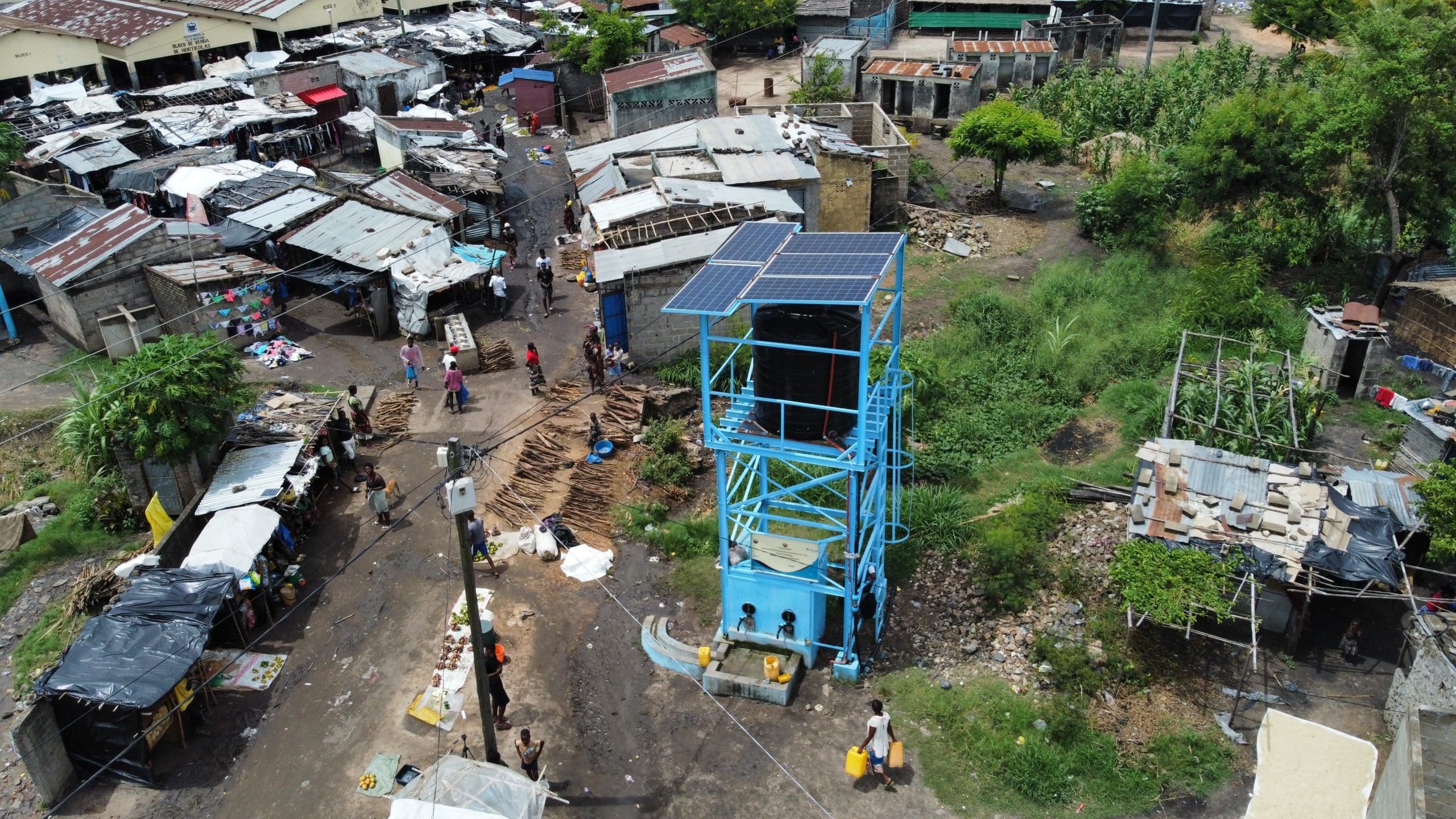
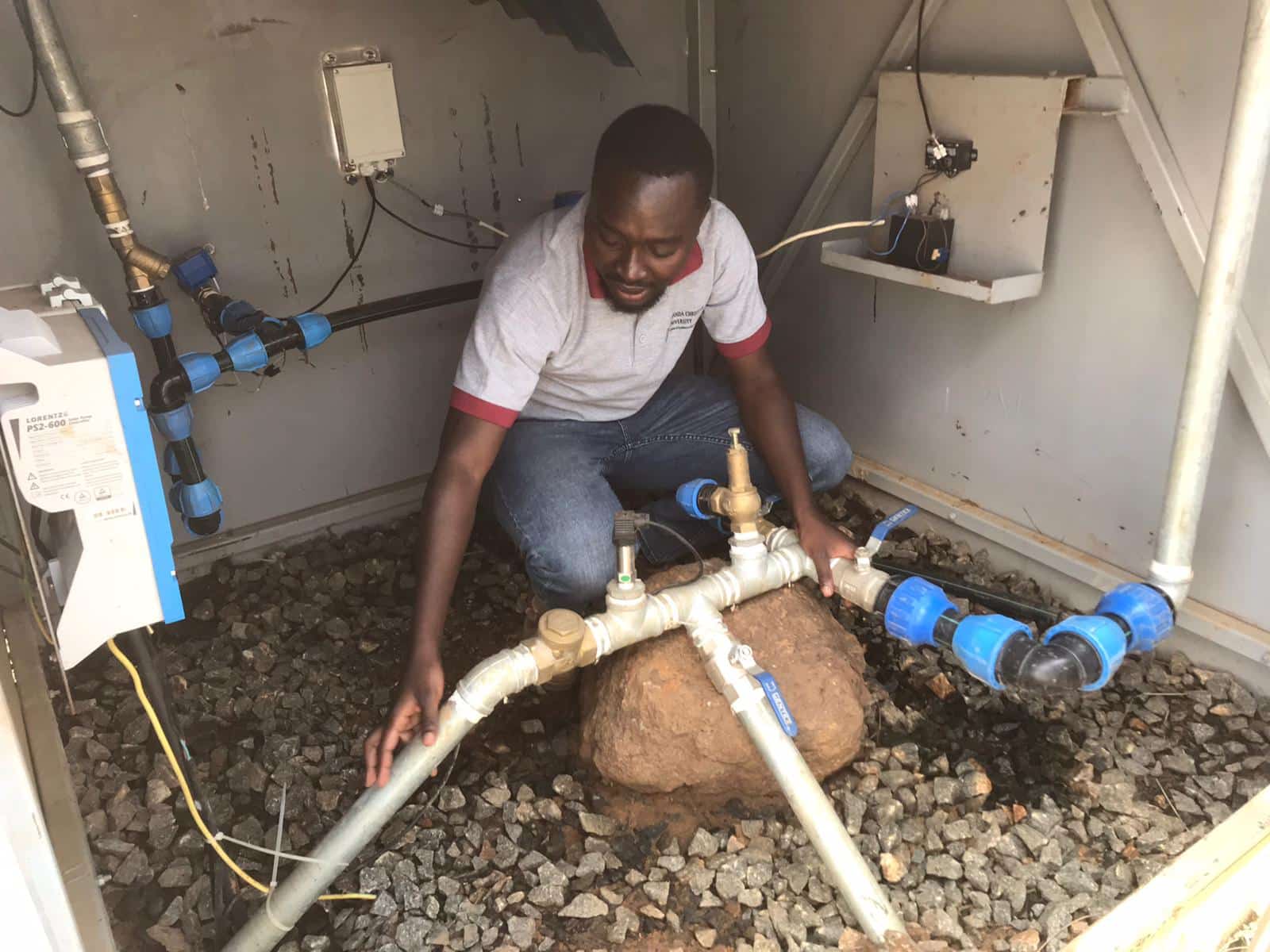
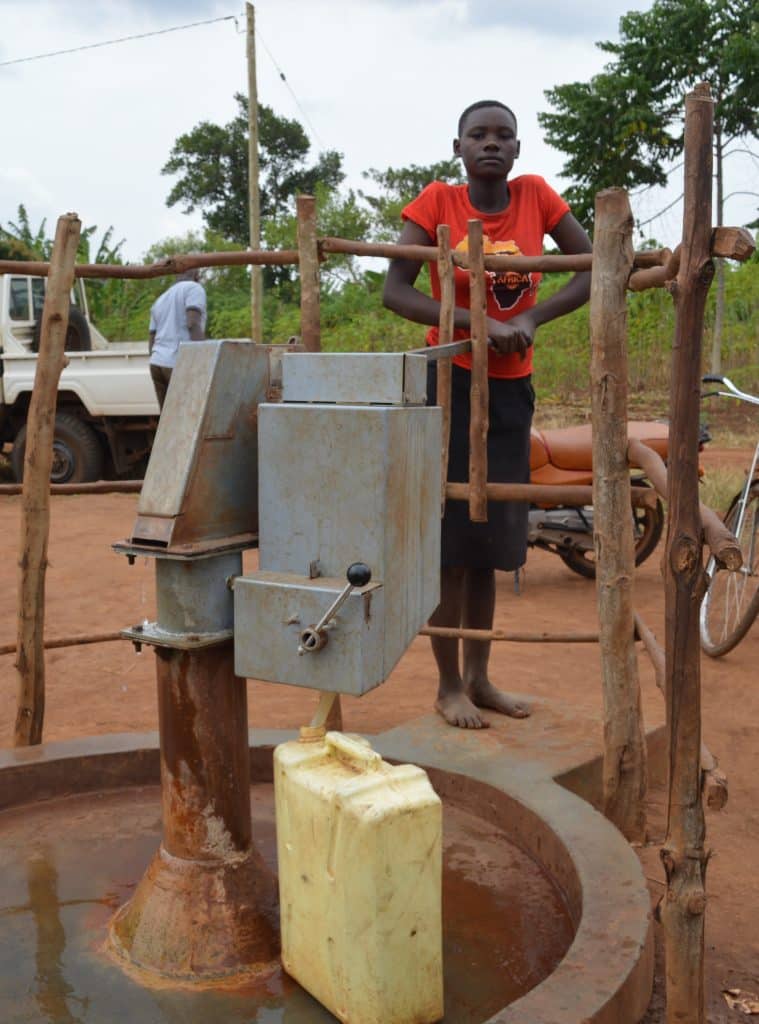
 English
English French
French